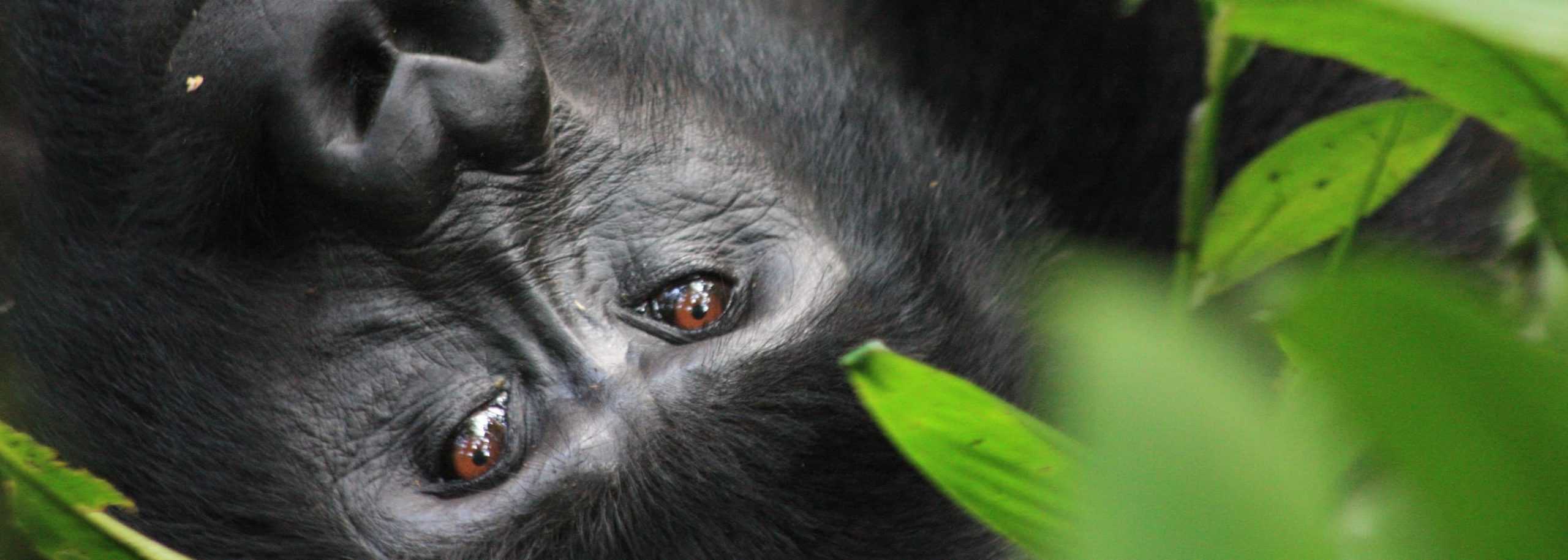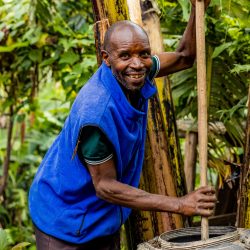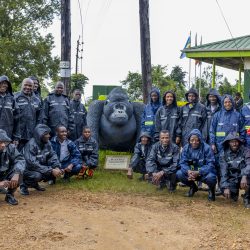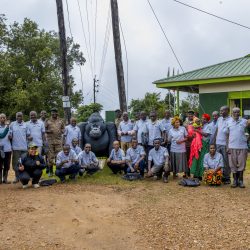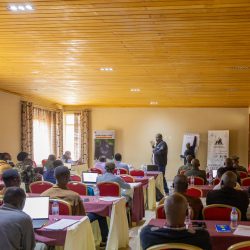Community Based Planning and Monitoring Improves Livelihoods Around Volcanoes National Park
Blog | 11/10/21
Since 2014, about 5000 people from over 7 cells in Musanze, Burera and Nyabihu Districts have been trained, oriented on, and involved in the implementation of the CBPM approach. These actions have facilitated community empowerment and seen to the development of five key proposals about several development challenges in the area. Thanks to WWF-UK, Sweden, FFI and Water4Virungas for funding the proposals and enabling the implementation of several development projects in the community including the construction of a water supply facility that benefits over 2000 people, start-up of a livestock project that benefits over 80 people, a tailoring project that currently employs over 30 women. And an agricultural project that supported over 80 Irish potato farmers from two cooperatives and the renovation of 7kms of dry stone buffalo wall and trench to control problem animals from raiding community gardens. The renovation exercise employed seven community-based conservation cooperatives from which they earned additional income.
According to Benjamin Mugabukomeye, Rwanda Country Coordinator, the CBPM approach not only empowers communities to champion their own development but also promotes ownership and sustainability of development initiatives.
With more people involved and benefiting from the projects, the community has learned to appreciate and support mountain gorilla conservation even more. “From the donated tailoring machines, we have been able to generate savings worth Rwf 300,000 (300$). We used this money to start a loans scheme among us to continue funding our individual initiatives. We are grateful to IGCP for involving us in this wonderful development approach,” says Esperance Mukasine, a beneficiary from Gahunga Cell, Burera District.
